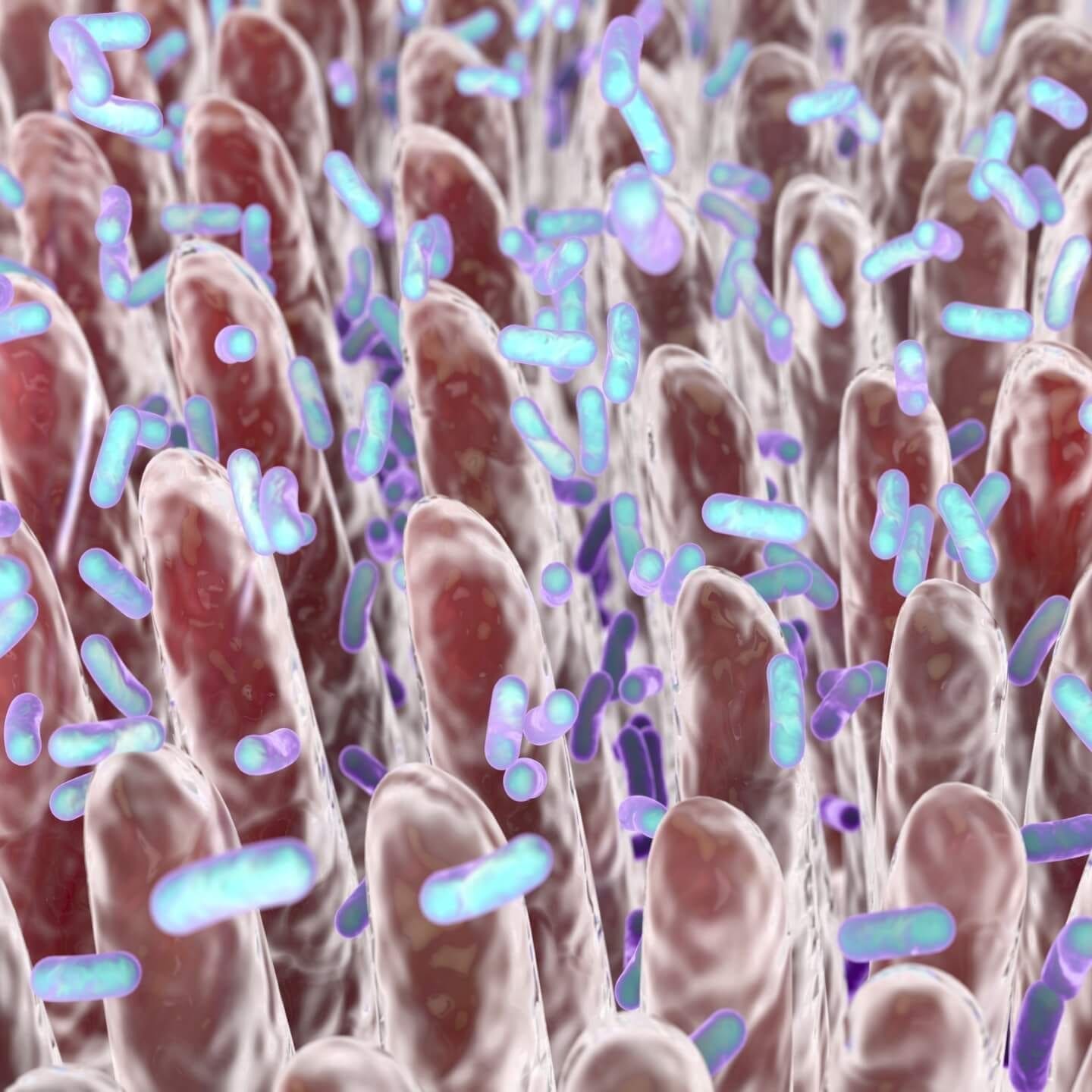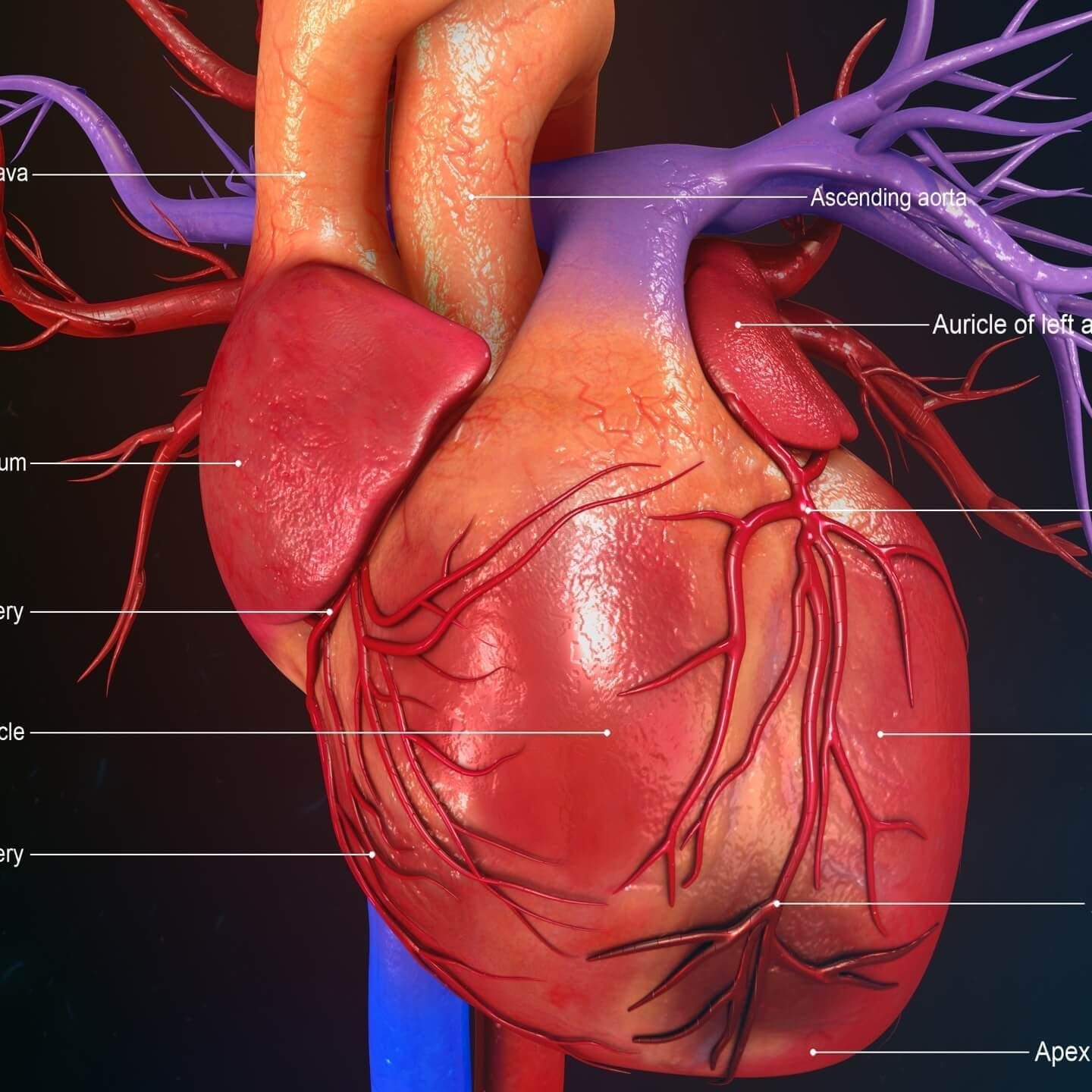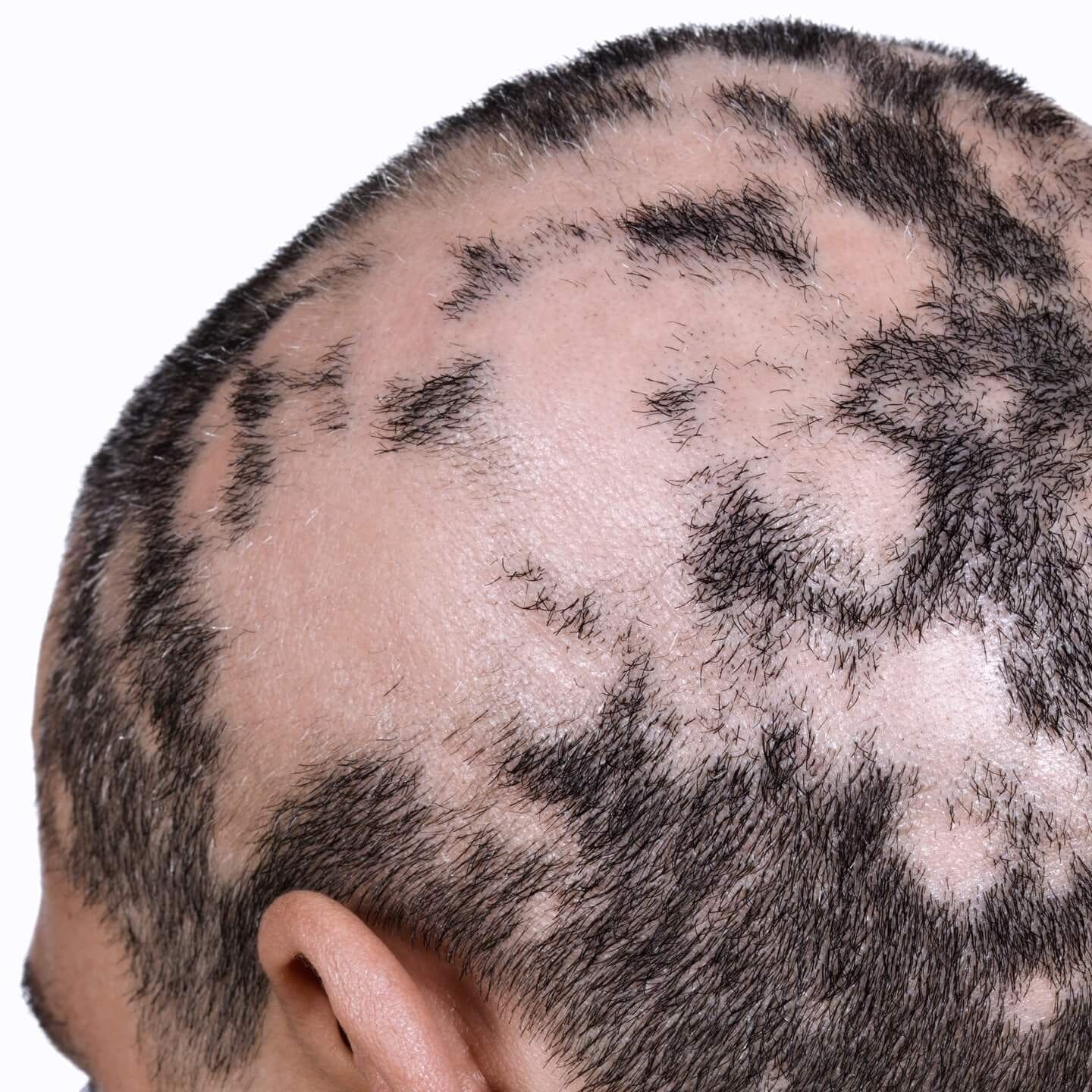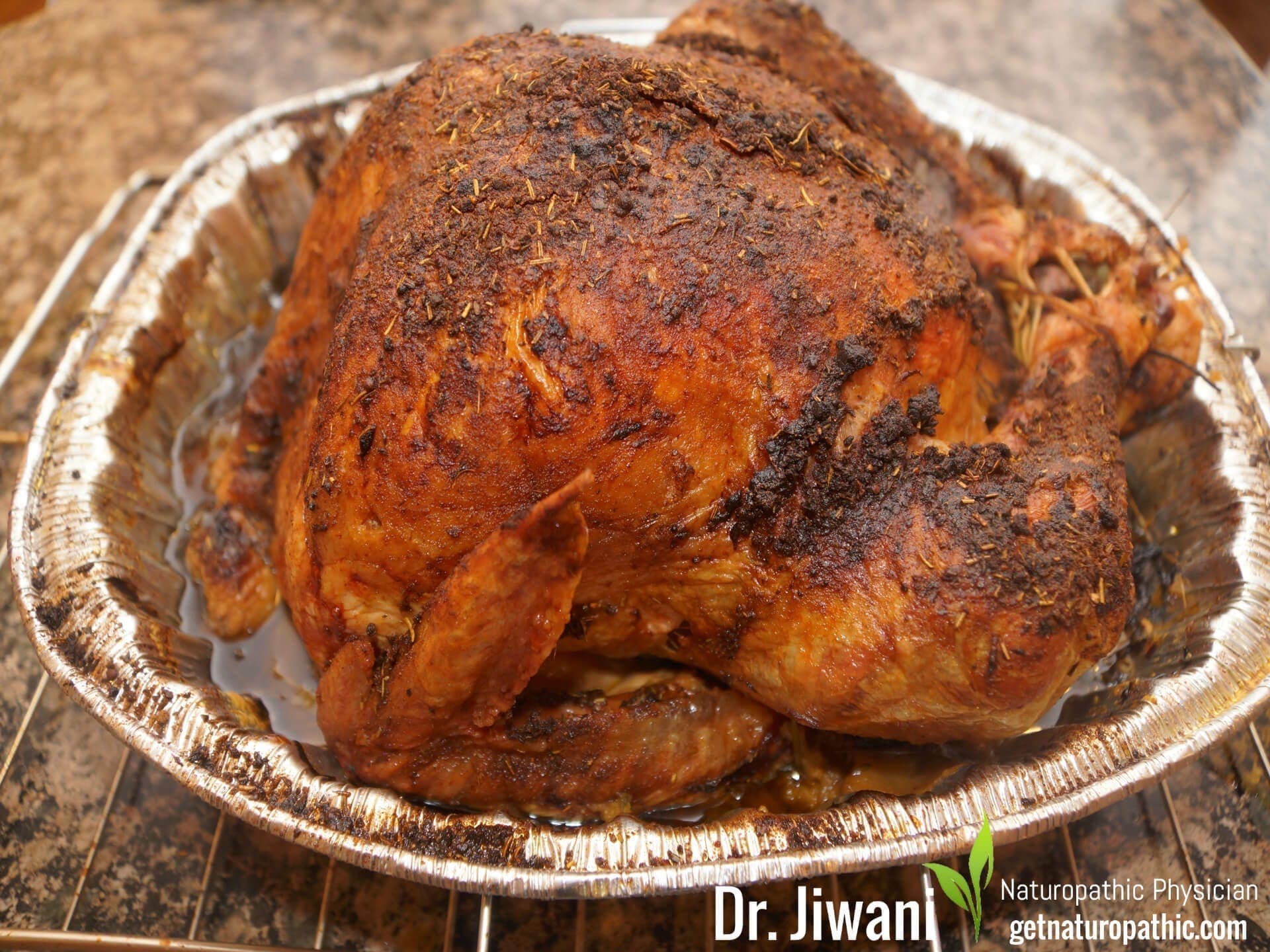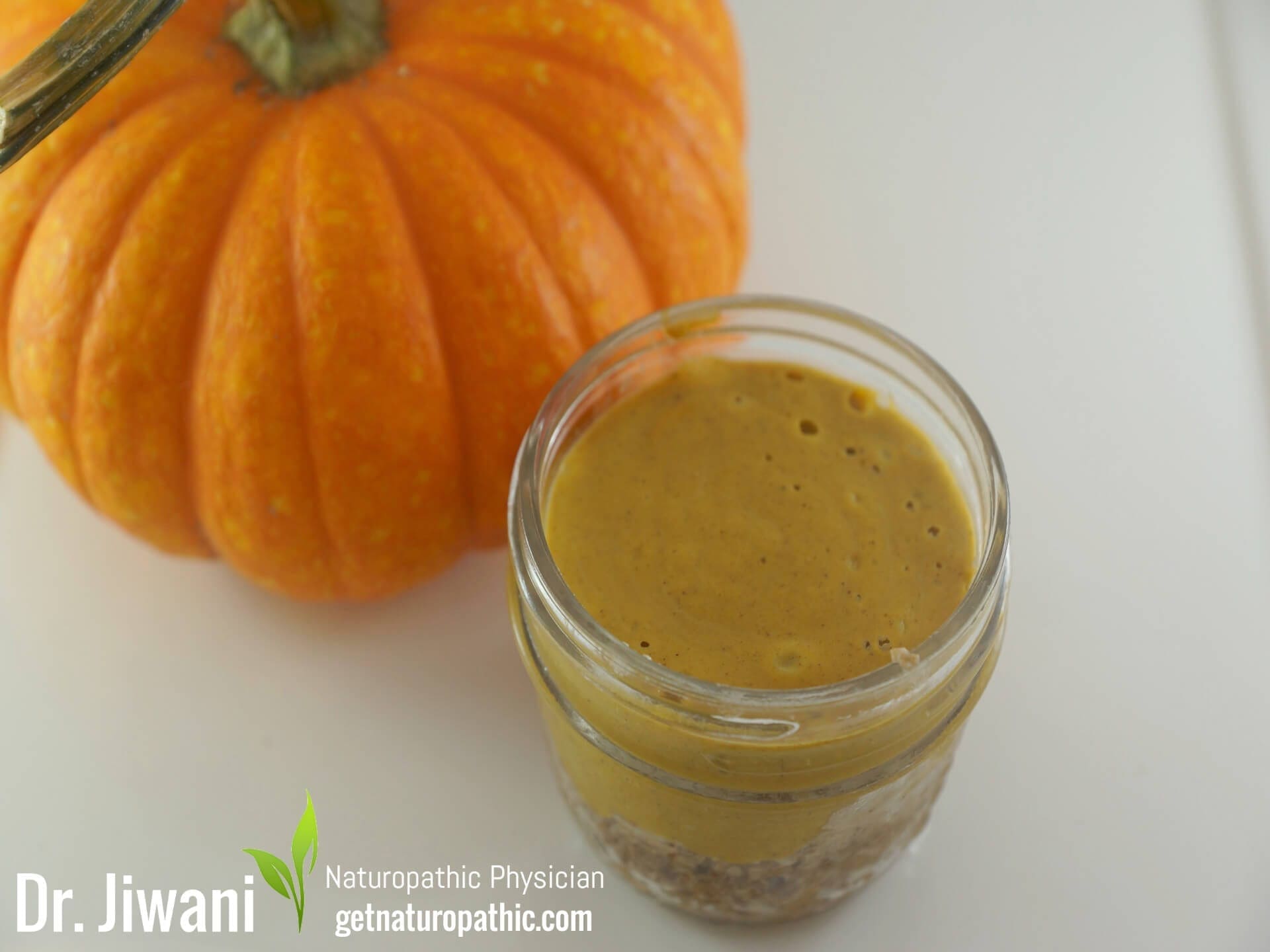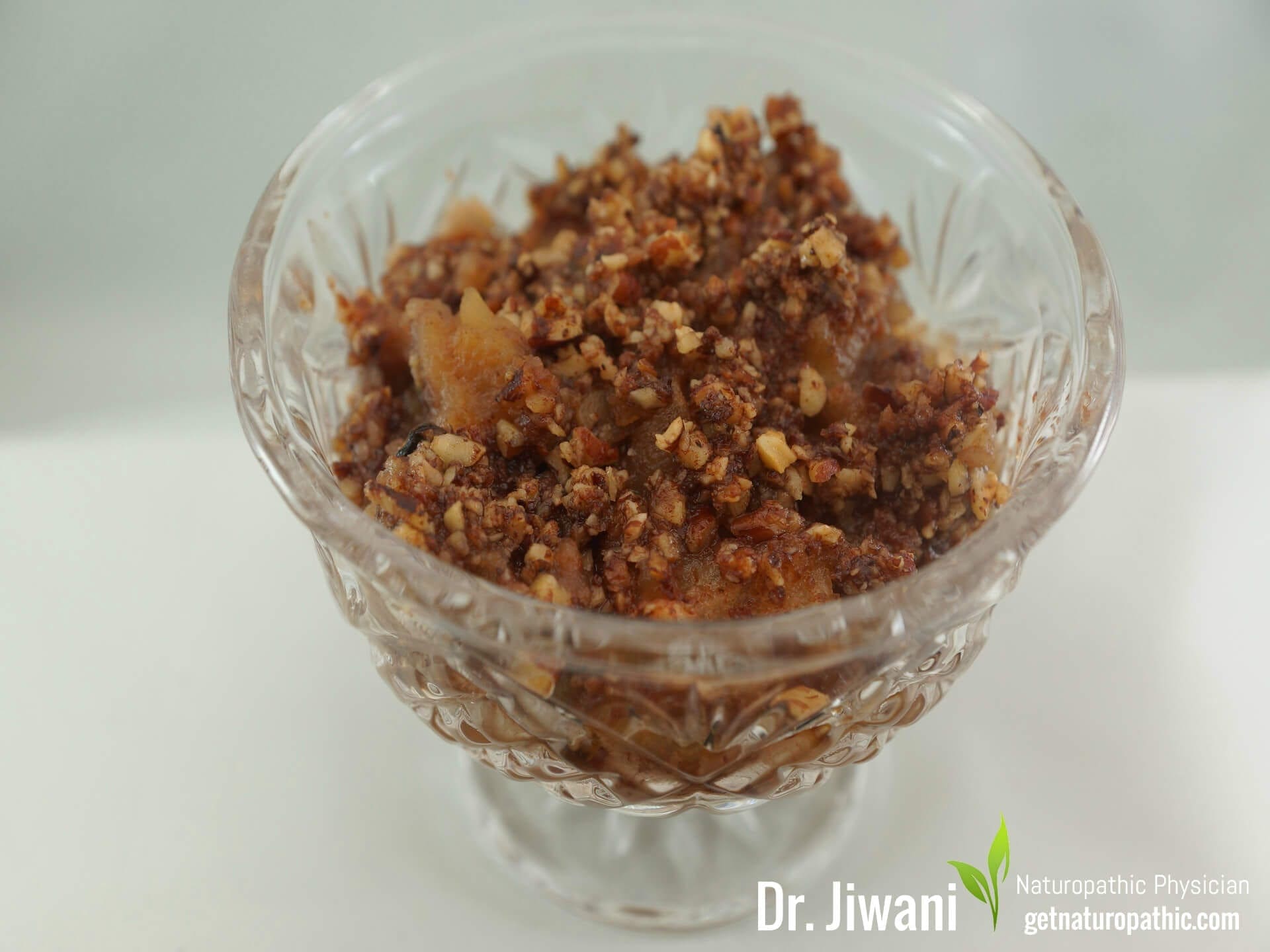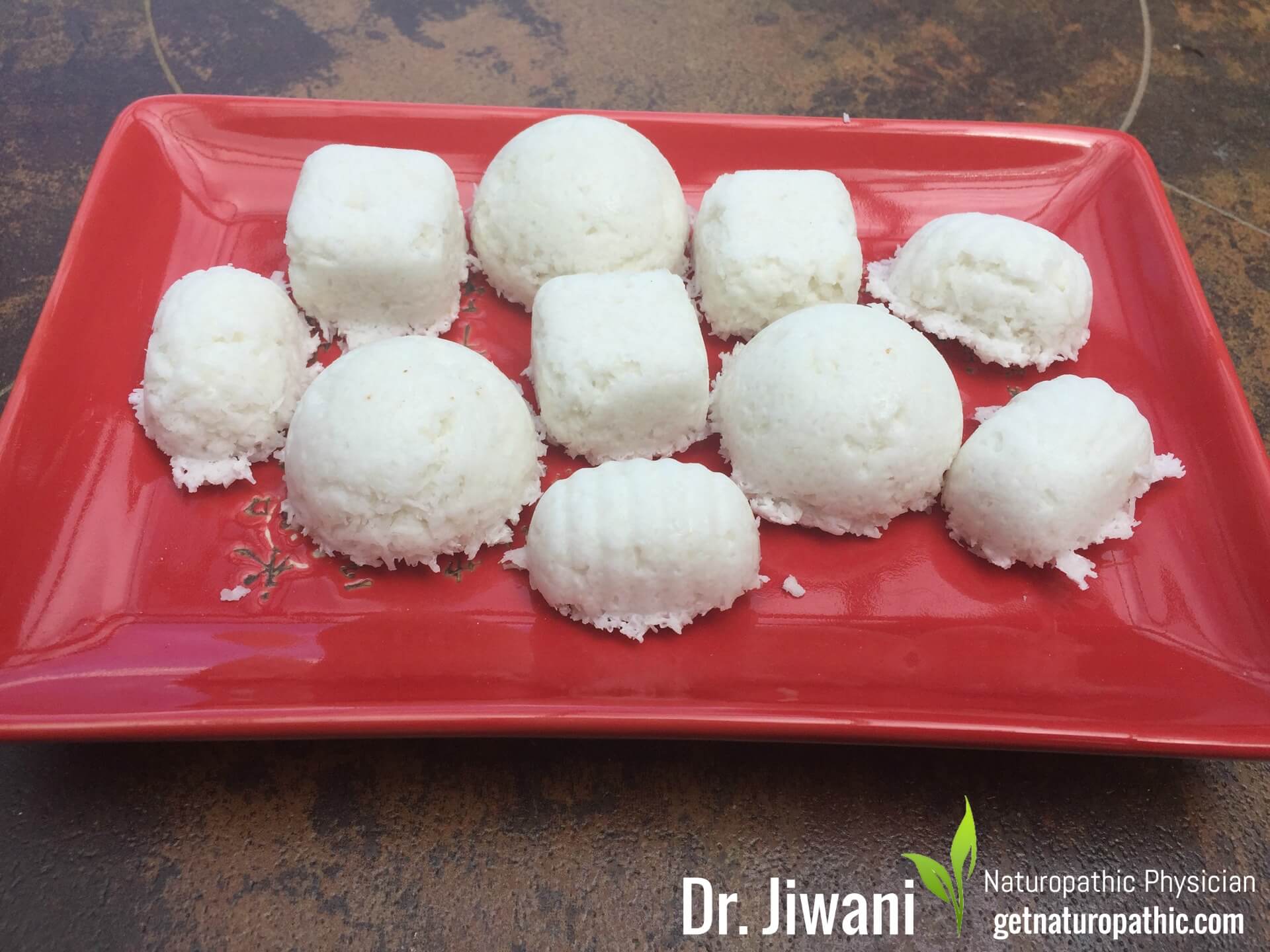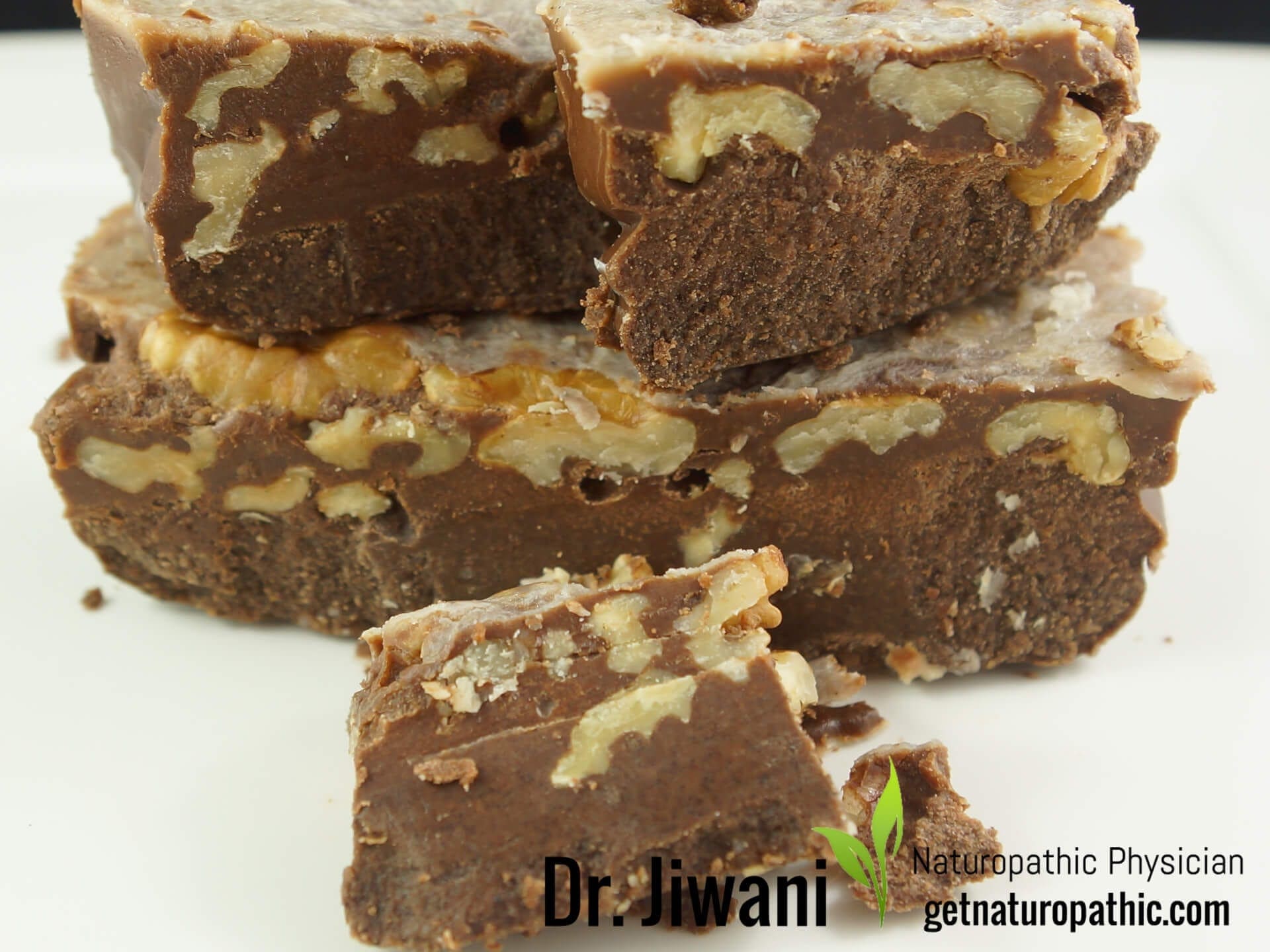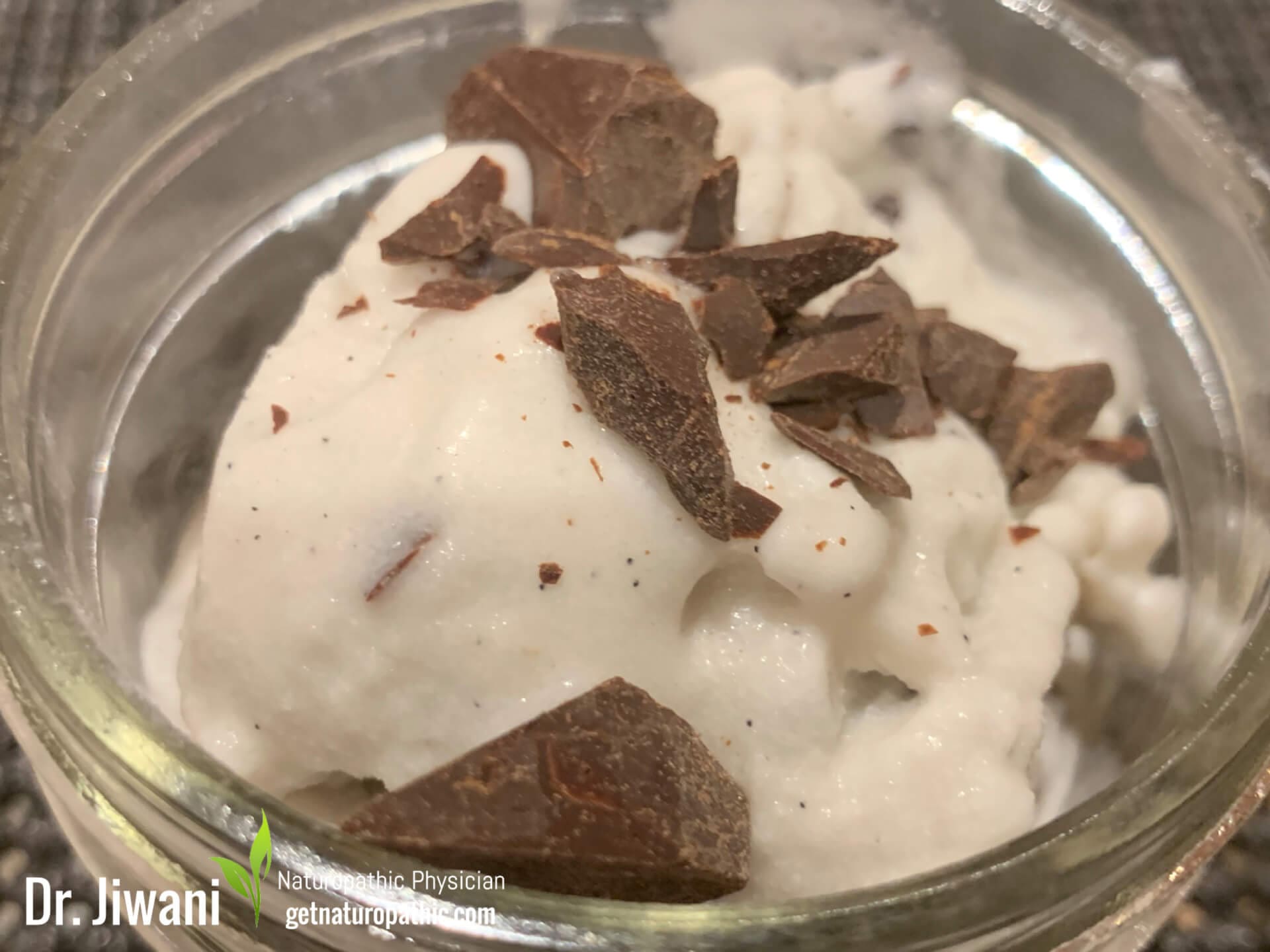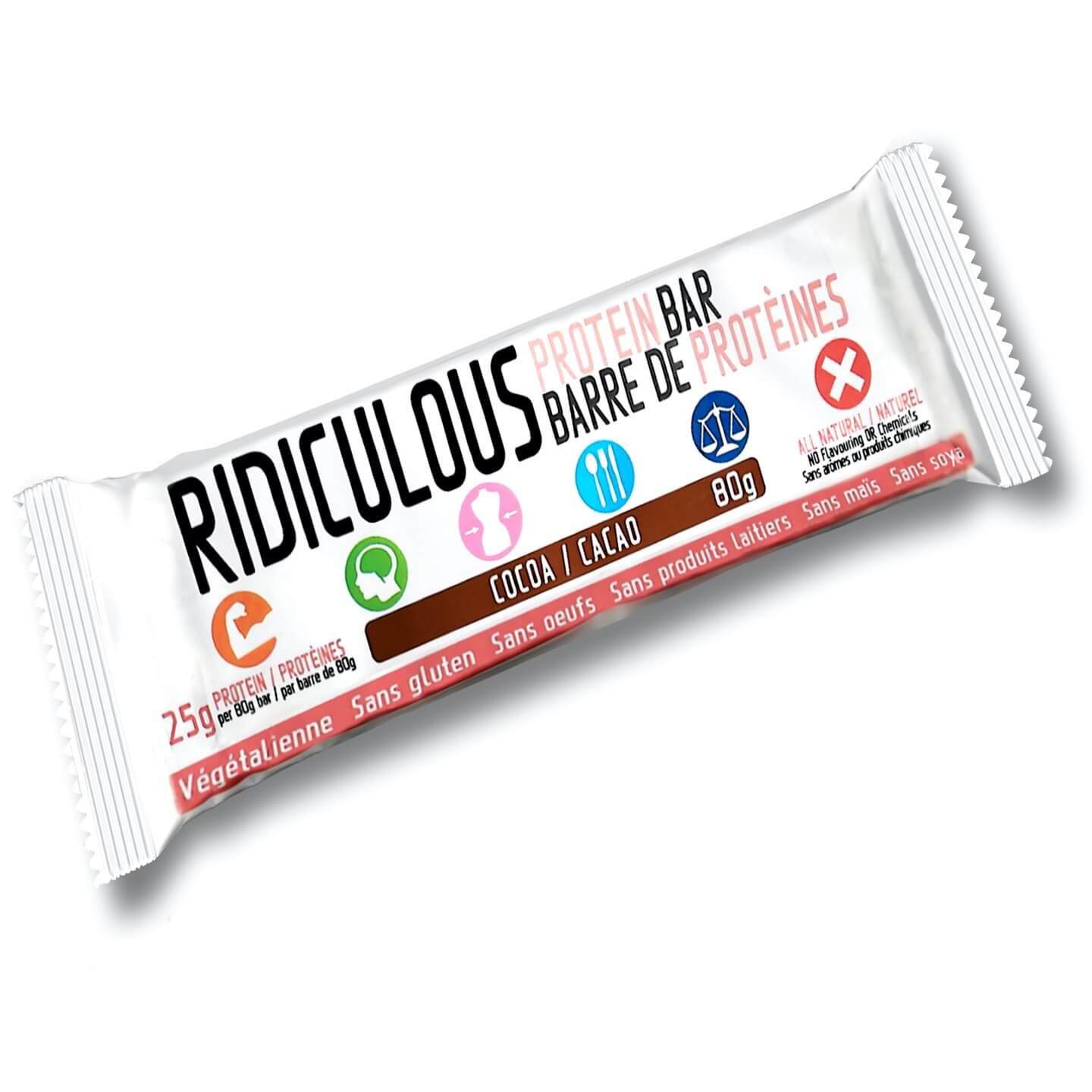Home »
Popular Posts
Telomeres: Anti-Aging Secrets To Improve Your Health & Longevity
Naturopathic Nuggets about Telomeres & Aging
-
Telomeres are the protectors of your DNA, like the plastic tips on shoelaces that prevent fraying
-
When telomeres become too short, your cells age & die, leading to cancer, disease & death
-
Premature aging is associated with shortened telomeres caused by poor diet, no exercise, obesity, stress & smoking
-
Accelerated aging may lead to Alzheimer’s, Cancer, Diabetes, Heart Disease, Weakened Immunity & Osteoporosis
-
Aging may be reversed by improving telomere health
-
You can nurture your telomere health with specific, healthy diet, lifestyle & supplement recommendations. Consult a licensed naturopathic physician to get help to lengthen your telomeres.
The Secret to Aging Beautifully
The telomere effect, or premature cellular aging explains why people age differently. Some people are lean, healthy & vibrant into their seventies and beyond. Others can look & feel much older, even in their forties. Your age in years does not necessarily equate to age in health. That is the difference between chronological and biological age. The quality of your telomeres makes that difference.
Telomeres: The Anti-Aging Secret
Since the 1930’s science has recognized that telomeres affect the aging process, affecting how we look & feel. The Nobel Prize for Physiology/Medicine was awarded to Dr. Elizabeth Blackburn, PhD in 2009. This brilliant molecular biologist studied how to impact telomere health. Thanks to Dr. Blackburn, we now realize our behaviour affects our telomeres, which may reverse or accelerate the aging & disease process. The health of your telomeres are the anti-aging secret you can influence for a more youthful, longer, healthier life.
Telomeres: Protection For Your Genes
Telomeres are an integral part of our cells that affect our health & aging on a cellular level. Imagine shoelaces as your chromosomes, and the plastic tips on the ends as your telomeres. The plastic tips are essential to prevent the shoelaces from fraying. Similarly, telomeres protect DNA strands from damage (Nature 2012). Telomeres are the bodyguards of your DNA, there to protect your genes.
Telomeres: Biological Clocks Ticking
DNA is the vital genetic blueprint that makes up who we are. Throughout our lives, cells duplicate for growth & rejuvenation. As cells duplicate, telomeres shorten. Over time, the telomeres become too short, cells age and become stagnant. This cell deterioration is associated with disease, cancer & death. In a sense, telomeres are the biological clocks ticking in each of your cells (American Journal of Human Biology 2011).
The Premature Aging Answer
Aging is associated with the health or length of your telomeres, and how fast your telomeres wear down. This determines your biological age, as opposed to your chronological age. Telomere health accounts for why people the same age can look, feel and act so differently. Many research studies have associated premature cellular aging with shortened telomeres (Nature Reviews Genetics 2012). A recent Harvard Medical School study revealed telomere shortening to be the main cause of cellular aging.
How To Get Old Fast
Telomere shortening is a normal part of the aging process. Various stressors, including free radical (oxidative), inflammatory & emotional stress may cause accelerated shortening of telomeres. Much of the damage to telomeres occurs with oxidative stress from excess weight, pollution & smoking.
To Age Quickly, Embrace the Following Stressors:
- Unhealthy Diet
- Lack of Exercise
- Food Allergies
- Obesity
- Pollution & Pesticides
- Smoking
- Chronic Psychological Stress
Disease & Death by Telomeres
Increased shortening of telomeres accelerates aging, which may lead to an earlier onset of disease.
Types of age-related conditions include:
- Alzheimer’s
- Cancer
- Diabetes
- Heart Disease
- Heart Failure
- Immune Weakness
- Osteoporosis
Reverse Your Aging
Scientific breakthroughs have revealed that aging is a dynamic, changeable process dependent on your cellular health. “Your telomeres are listening to you. They absorb what you think & feel.” (Blackburn & Epel 2017). In fact, your telomeres get directives from how you eat, feel, think, sleep, exercise, cope with stress, and interact with society. These factors all influence your telomeres, and may reverse or cause premature aging. Your genes may be your destiny, but your behaviour can change it.
“Genes load the gun, and environment pulls the trigger” ~ George Bray, Obesity Researcher: Metabolism 2014
The Dark Side Of Telomerase
Dr. Blackburn discovered that the enzyme telomerase can prevent the early shortening of telomeres, and even lengthen them. Some studies show that lack of telomerase promotes cellular aging, and replacing the enzyme improves health. Like Dr. Jekyll & Mr. Hyde, there is a dark side to the benefit of telomerase. In existing cancers, telomerase may encourage faster growth, like cells gone wild (Blackburn & Epel 2017).
Nurture Your Telomeres to Reverse Aging
Decades of scientific research reveal that the aging process can be slowed down and even reversed. Your biological age is a reflection of the health of your telomeres. While the market may offer telomerase supplements, it is critical to understand that manipulating enzyme function can have dangerous repercussions. Rather than fighting the balance of nature, it is important to improve your telomeres naturally, for optimal health & longevity.
Avoid Smoking For Healthier Telomeres
The more you smoke, the greater the increase in telomere shortening (McGrath et al. 2007). Antioxidant therapy may address oxidative damage from smoking.
Telomeres Prefer Healthy Weight
Obesity is related to increased oxidative stress & DNA damage. Waist measurement relates to how much oxidative damage there is (Furukawa et al. 2004). Telomeres in obese women are significantly shorter than lean women of the same age (Valdes et al. 2005). The severe loss of telomeres in the obese is equal to a reduction of approximately 9 years of life, an effect worse than smoking.
Pollution & Pesticides Torment Telomeres
Workers exposed to traffic pollution were found to have shorter telomeres than office workers (Hoxha et al., 2009). Exposure to toxic agents increase cancer risk & rate of aging by damaging DNA. Pesticides have been shown to reduce telomerase activity, shortening telomeres & lifespan (Kahl et al. 2016). Minimize your exposure to pollution & pesticides. Supplement with potent antioxidants, vitamins & minerals for optimal immunity & cellular health.
Protect Your Telomeres From Stress
Constant release of stress hormones from the adrenal gland have been shown to reduce antioxidant effects, increasing oxidative DNA damage which accelerates telomere shortening (Von Zglinicki 2002). Women exposed to ongoing high stress showed increased oxidation, reduced telomerase enzyme activity, and shorter telomeres (Epel et al. 2004). This effect of stress caused a 10 year reduction in lifespan, worse than both smoking & obesity. Address your adrenal fatigue with stress management techniques and boost adrenal support with appropriate nutrients & botanicals.
Telomeres Are Finicky About Dieting
Eating less has been shown to reduce DNA damage, improving health & lifespan by 66% (Jennings et al. 2000). It’s not the weight that matters, but repeated weight loss & weight gain that may shorten telomeres (Blackburn & Epel 2017).
Telomeres Loathe Unhealthy Foods
Foods that may shorten telomeres include:
- Non-Organic Fruits & Vegetables
- Breads & Baked Goods
- Processed Meats
- Saturated Fats
- Sugar
- High Fructose Corn Syrup (HFCS)
- Your Food Allergies
Excess sugar consumption reduces telomere length & overall lifespan. In 2014, Leung et al. studied over 5000 US healthy adults to find that even 1 daily cup of soda was associated with shorter telomeres. Aim to reduce carbs & fructose for optimal cellular health.
Dietary Fibre Enhances Telomeres
Increasing your dietary fibre may improve telomere length (Cassidy et al. 2010).
Telomeres Detest Omega 6 Fats (PUFAs)
Consumption of polyunsaturated fatty acids (PUFAs) accelerates telomere shortening which increases aging (Cassidy et al. 2010). PUFAs are chemically unstable and very vulnerable to heat, light & air damage. Eating MORE Omega 6 fats (PUFAs) & LESS Omega 3 fats creates inflammation and increased risk for heart disease, allergies, arthritis, depression, mental decline, indigestion, muscle & joint pain.
Minimize dietary sources of Omega 6 (PUFAs) including:
- Corn Oil
- Peanut Oil
- Soybean Oil
- Vegetable Oil
Omega 3 Fats Empower Telomeres
Reduced telomere shortening has been associated with diets with higher Omega 3 fats (Farzaneh-Far et al. 2010). Focus more on Omega 3 fats over Omega 6 (PUFAs) reduces inflammation & reduces risk for the diseases above.
Increase dietary sources of Omega 3 fats including:
- Oils: Flax Seed Oil, Hemp Oil
- Wild Fish: Mackerel, Salmon, Herring, Sardines, Anchovies
- Chia Seeds, Flax Seeds, Hemp Seeds
- Fish Roe (Caviar)
- Walnuts
- Egg Yolks
- Spinach
Telomeres Need Antioxidants For Survival
Antioxidant therapy may improve cellular health as they reduce oxidative damage, lengthening telomeres. A basic multivitamin/mineral is an important place to start. Xu et al. 2009 found multivitamin use in women was associated with longer telomeres. There are many powerful antioxidants for repairing oxidative cell damage. Supplementation may be necessary for those at risk. Check the links provided for more information.
Exercise Strengthens Telomeres
The more you exercise, the longer your telomeres are. Exercise leads to fat reduction, faster removal of waste & less DNA damage (Song et al. 2010). In 2015, a German study showed weightlifting and other resistance exercises do not replenish telomeres. However, two types of aerobic exercise were found to double telomere length. Those with high stress benefit twice as much from exercise.
Focus on these types of aerobic exercise:
- Light Jogging or Fast Walking 3X per week for a minimum of 45 minutes
- High Intensity Interval Training (HIIT) Workouts: 10 min Warm-Up – 3 min Fast Run – 3 min Easy Run – Repeat 4X – 10 min Cool Down
Anxiety & Depression Damages Telomeres
People who are anxious, hostile, pessimistic and scattered may suffer from telomere shortening. The most detrimental mental health concern that affect telomere health is chronic depression. Recently, Ridout et al. performed a meta-analysis on depression. He found the more severe the depression, the shorter the telomeres. This was indicative of accelerated cell aging.
Telomeres Love Meditation
Various studies have shown success to combat these mental concerns & work to lengthen telomeres!
Researched meditative practices proven beneficial for telomere health include:
- Meditation (any form that works for you)
- Qi Gong (Meditative Movements & Breathing)
- Mindfulness-Based Stress Reduction
Sleep Rejuvenates Telomeres
Feeling rested and getting enough sleep is essential for healthy telomeres. Chronic insomnia is associated with shorter telomeres, especially in the elderly. Studies show that seven hours seems to be the vital amount for optimal telomere health. Monitor your own wellness for sleep requirements. If you are sleepy in the day without caffeine, your telomeres need more sleep. Remember it’s not just quantity but quality!
Create Your Own Telomere Tale
Research has clarified the many harmful habits linked to increased telomere shortening. This is now recognized as the root cause of premature cellular aging. To reverse the aging process, you should include a long term focus on healthy diet, lifestyle & supplementation for optimal cellular health. After all, you are in this life to thrive, not just survive. When aiming to look, function and feel your best, nurture your telomeres to be your healthiest, loveliest self.
Related Is Your Diet Killing You Slowly?
References
Armanios M, Blackburn EH. The telomere syndromes. Nature Reviews Genetics. 2012;13:693–704.
Blackburn EH, Epel ES. Telomeres and adversity: Too toxic to ignore. Nature. 2012 Oct 11;490(7419):169-71.
Blackburn E & Epel E. The Telomere Effect: A Revolutionary Approach to Living Younger, Healthier, Longer. Boston: Grand Central Publishing; 2017.
Bray GA. From farm to fat cell: why aren’t we all fat?. Metabolism-Clinical and Experimental. 2015 Mar 1;64(3):349-53.
Cassidy A, De Vivo I, Liu Y, et al. Associations between diet, lifestyle factors, and telomere length in women. American Journal of Clinical Nutrition. 2010;91:1273–1280.
Cohen S, Janicki-Deverts D, Turner RB, Casselbrant ML, Li-Korotky HS, Epel ES, Doyle WJ. Association between telomere length and experimentally induced upper respiratory viral infection in healthy adults. JAMA. 2013 Feb 20;309(7):699-705.
Eisenberg DTA. An evolutionary review of human telomere biology: the thrifty telomere hypothesis and notes on potential adaptive paternal effects. American Journal of Human Biology. 2011;23:149–167.
Epel ES, Blackburn EH, Lin J, et al. Accelerated telomere shortening in response to life stress. Proceedings of the National Academy of Sciences of the USA. 2004;101:17312–17315.
Farzaneh-Far R, Lin J, Epel ES, et al. Association with marine omega-2-fatty acid levels with telomeric aging in patients with coronary heart disease. JAMA. 2010;303:250–257.
Furukawa S, Fujita T, Shimabukuro M, Iwaki M, Yamada Y, Nakajima Y, Nakayama O, Makishima M, Matsuda M, Shimomura I. Increased oxidative stress in obesity and its impact on metabolic syndrome. The Journal of Clinical Investigation. 2004 Dec 15;114(12):1752-61.
Hoxha M, Dioni L, Bonzini M, et al. Association between leukocyte telomere shortening and exposure to traffic pollution: a cross-sectional study on traffic officers and indoor office workers. Environmental Health. 2009;8:41.
Jaskelioff M, et al. Telomerase reactivation reverses tissue degeneration in aged telomerase-deficient mice. Nature. 2011;469:102–107.
Jennings BJ, Ozanne SE, Hales CN. Nutrition, oxidative damage, telomere shortening, and cellular senescence: individual or connected agents of aging? Molecular Genetics and Metabolism. 2000;71:32–42.
Kahl VF, da Silva J, da Silva FR. Influence of exposure to pesticides on telomere length in tobacco farmers: A biology system approach. Mutation Research/Fundamental and Molecular Mechanisms of Mutagenesis. 2016 Oct 31;791:19-26.
Leung CW, Laraia BA, Needham BL, Rehkopf DH, Adler NE, Lin J, Blackburn EH, Epel ES. Soda and cell aging: associations between sugar-sweetened beverage consumption and leukocyte telomere length in healthy adults from the National Health and Nutrition Examination Surveys. American Journal of Public Health. 2014 Dec;104(12):2425-31.
McGrath M, Wong JY, Michaud D, et al. Telomere length, cigarette smoking, and bladder cancer risk in men and women.Cancer Epidemiology Biomarkers & Prevention. 2007;16:815–819.
McGrath M, Wong JY, Michaud D, et al. Telomere length, cigarette smoking, and bladder cancer risk in men and women. Cancer Epidemiology Biomarkers & Prevention. 2007;16:815–819.
Ornish D. Effect of comprehensive lifestyle changes on telomerase activity and telomere length in men with biopsy-proven low-risk prostate cancer: 5-year follow-up of a descriptive pilot study. The Lancet Oncology. 2013;14(11):1112–1120.
Ridout KK, Ridout SJ, Price LH, Sen S, Tyrka AR. Depression and telomere length: a meta-analysis. Journal of Affective Disorders. 2016 Feb 29;191:237-47.
Sampson MJ, Winterbone MS, Hughes JC, et al. Monocyte telomere shortening and oxidative DNA damage in type 2 diabetes. Diabetes Care. 2006;29:283–289.
Shammas MA. Telomeres, lifestyle, cancer, and aging. Current Opinion in Clinical Nutrition and Metabolic Care. 2011 Jan;14(1):28.
Song Z, von Figura G, Liu Y, et al. Lifestyle impacts on the aging-associated expression of biomarkers of DNA damage and telomere dysfunction in human blood. Aging Cell. 2010;9:607–615.
Valdes AM, Andrew T, Gardner JP, et al. Obesity, cigarette smoking, and telomere length in women. Lancet. 2005;366:662–664.
Valdes AM, Richards JB, Gardner JP, et al. Telomere length in leukocytes correlates with bone mineral density and is shorter in women with osteoporosis. Osteoporosis International. 2007;18:1203–1210.
Van der Harst P, van der Steege G, de Boer RA, et al. Telomere length of circulating leukocytes is decreased in patients with chronic heart failure. Journal of the American College of Cardiology. 2007;49:1459–1464.
Von Zglinicki T. Oxidative stress shortens telomeres.Trends inBiochemical Sciences. 2002;27:339–344.
Wu X, Amos CI, Zhu Y, et al. Telomere dysfunction: a potential cancer predisposition factor. Journal of the National Cancer Institute. 2003;95:1211–1218.
Xu Q, Parks CG, DeRoo LA, Cawthon RM, Sandler DP, Chen H. Multivitamin use and telomere length in women. The American Journal Of Clinical Nutrition. 2009 May 1:ajcn-26986.
Zee RY, Michaud SE, Germer S, Ridker PM. Association of shorter mean telomere length with risk of incident myocardial infarction: a prospective, nested case-control approach. Clinica Chimica Acta. 2009;403:139–141.
This information is for educational purposes only and does not advocate self-diagnosis. Due to individual variability, consultation with a licensed health professional, such as a licensed naturopathic physician is highly recommended, prior to starting a natural treatment plan. For further information, see Terms of our Website.
Follow Dr. Jiwani
Popular Posts



